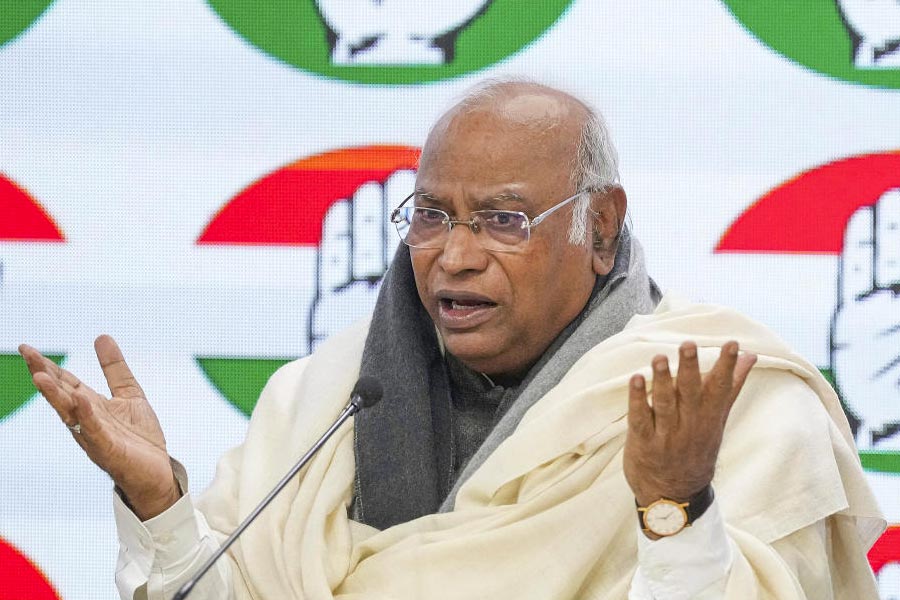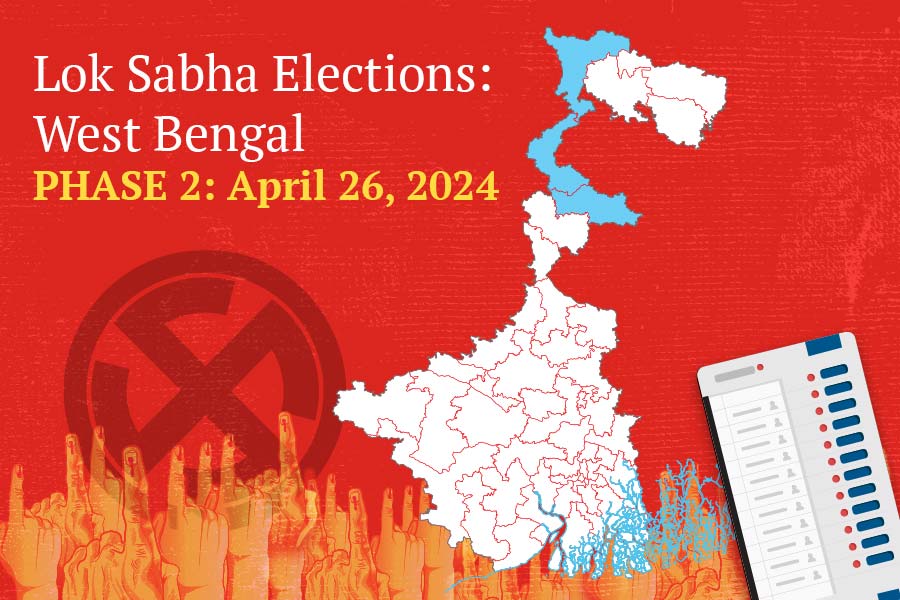Every investor wonders what his portfolio would have looked like had he invested a lump sum amount before a sustained bull run. We have all read those messages about how much a meagre amount invested in multi-bagger stocks is worth today. While these may look like missed opportunities in hindsight, the fact is that not many investors have the patience or long-term perspective needed to take advantage of such structural rallies.
Instead of looking back and regretting missed chances, it is important to hold a long-term view and have a set investment strategy in place. A long-term view will mitigate emotional reactions and chasing short-term rallies. This not only reduces the stress of churning one’s portfolio often, but also gives an investment a better chance to blossom to its full potential.
Eventful year ahead
As the saying goes, “Time in the market is more important than timing the market”. This will be a good time to apply this approach, if one hasn’t already, because the year is stacked with quite a few global and domestic events playing out. Heading into 2019, one can view the year as one of accumulation to take advantage of India’s long-term growth potential.
If 2018 has taught us anything, it is that predictions are at best a lottery. Past periods of volatility have taught us that decisions made during a time of crisis often end up looking foolish as the human mind tends to extrapolate near-term events. So, if the last few months are flooded with negative news, we become apprehensive about the markets and stop investing and vice-versa.
We saw huge investor outflow around the second half of 2017, especially from small and mid-cap funds and we are seeing fund flows drying up right now.
A quote by Swedish physician and author Hans Rosling goes like this: “There’s no room for facts when our minds are occupied by fear.” We tend to take a binary view of all news and jump to certain conclusions. What one doesn’t realise is that one has to look at events in terms of their probable impact and all the possible outcomes.
For instance, the recent events in the fixed income market had many investors crying doomsday with expectations of more defaults. The situation does not look as bleak now and investors have moved on.
Similarly, the election results, whichever way they may lean, could be interpreted in certain ways and cause the markets to react accordingly. Rather than being swept away by panic and fear, it would be wiser to assess accurate data for long-term investment decisions.
Howard Marks summarises most market cycle behaviour very aptly, “What the wise man does in the beginning, the fool does in the end.” In his latest book Mastering the Cycle, he says that predicting the economic cycle is a near impossible task but it is pertinent to know where you are in the cycle to decide what kind of risk you should be taking. Hence, based on this logic, we will try to focus on what investment strategies can be formulated.
Mid-cycle recovery
We are at best in the mid cycle of an economic recovery as credit growth, capacity utilisation rates, gross capital formation and recent profit growth for a wide section of our economy is at low to moderate levels. With the recent correction in 2018, especially brutal in the small and midcap space, valuations have moderated. Hence, we believe it is time to stay invested or a good time to complete your equity investments if there is room for additional allocation.
There are uncertainties regarding the global markets, hence, it would be prudent not to overreact at this juncture. Global factors may remain uncertain impacting growth in India as well, but investors must keep in mind that India at current growth rates of 7 per cent is still the fastest in the globe.
Low inflation, moderate oil prices and high real rates definitely help in sustaining these growth rates. Upcoming elections could see populist measures which should augur well for consumption.
Fixed income investors have never had it better as high quality portfolios are yielding close to 8 per cent. We advise investors to lock their investments in such funds with low maturity. We could see some volatility around elections. However, it is important to hold a long-term view and assess one’s portfolio at regular intervals along the way.
Investment charter
Our experience has been that while investors enjoy the bull runs and rallies, inevitable bumps along the way cause pessimism and pain. Thus, to smoothen your investment journey and ensure clarity in the investment process, we have in place an extremely useful tool known as the “Investment Charter”. Not only does an Investment Charter increase the probability of you reaching your goals but also attempts to mitigate various portfolio level risks, including impulsive calls.
In order to ensure that undue risk is discouraged and emotions are kept at bay while making investment decisions, it lays down the broad guidelines with respect to asset class levels, managers, security level, credit and locked-in products.
The Investment Charter is that tool which ensures smoother sailing in any turbulent times and in a year filled with important events that could swing market sentiment one way or the other. Hence, it is pertinent to ask your financial adviser to custom make an investment charter for your long-term financial goals.
The writer is executive vice-president, head of investments, Motilal Oswal Wealth Management Ltd










